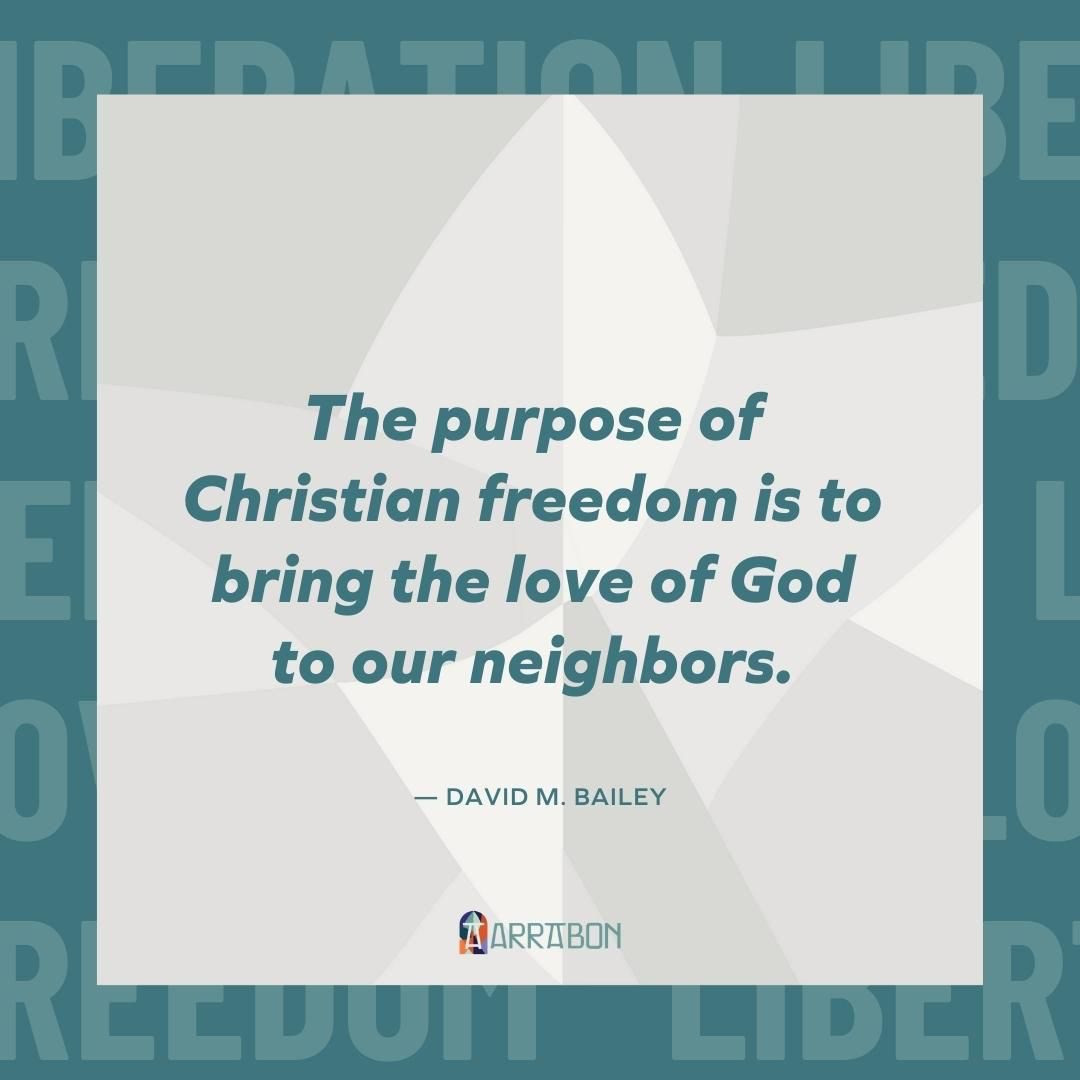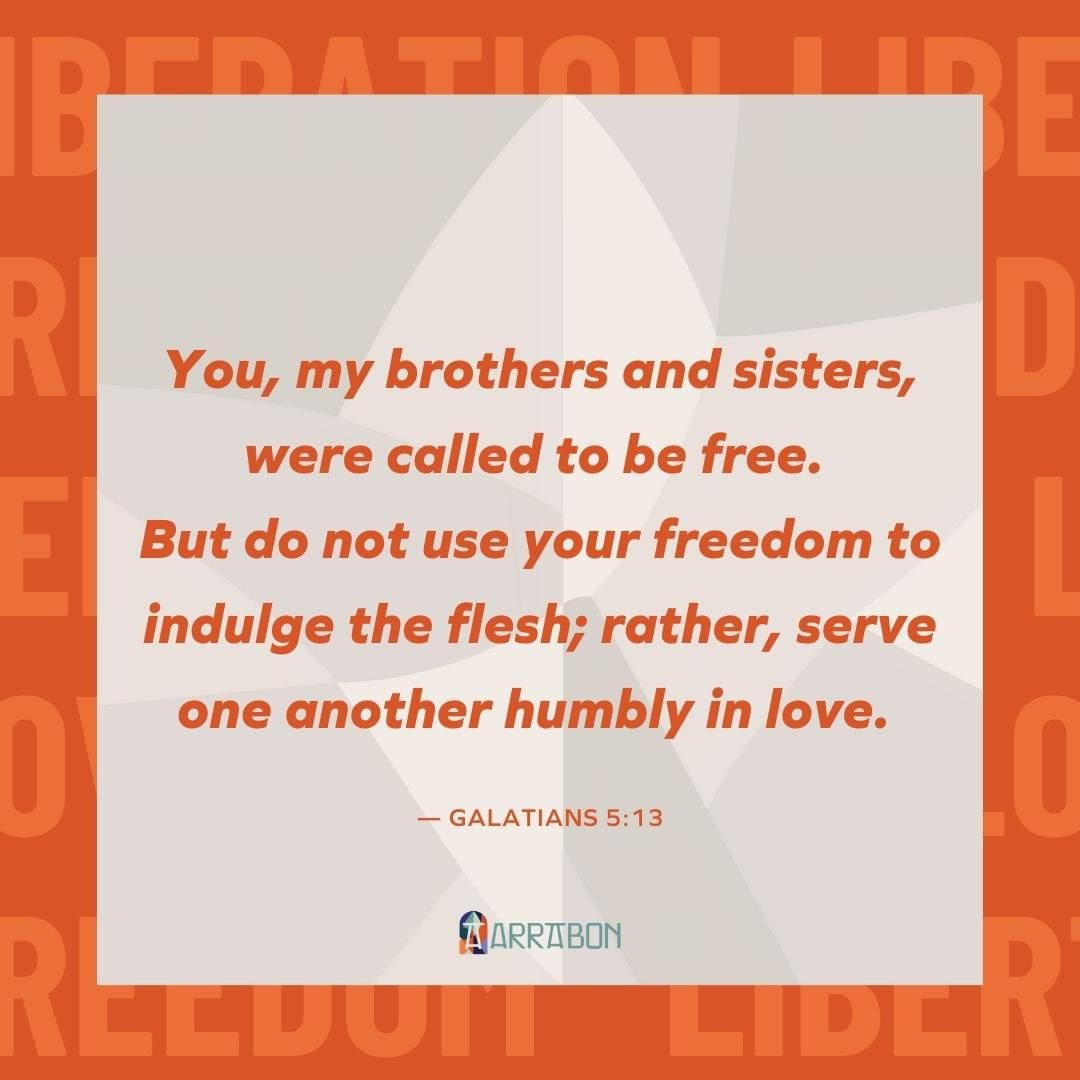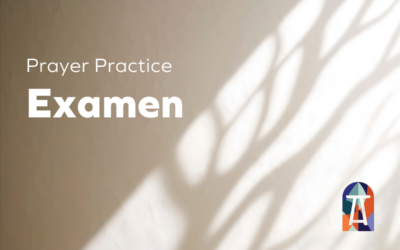Freedom: Liberty or Liberation?
What is the biblical purpose of freedom?

Share this Article
In American culture, summer is a time to celebrate freedom.
Students celebrate freedom from the rigor of school; fireworks on the Fourth of July celebrate America’s freedom from Great Britain; and in recent years, Juneteenth has become a national holiday to remember and honor the day the last enslaved people in Galveston, TX were informed of their freedom from slavery.
But freedom isn’t just passing summer-time fun—freedom is a high cultural value in the United States all year long, and it’s a significant value in our Christian communities.

Liberty or Liberation?
In our social context, some folks talk about freedom using the language of liberty, while others use the language of liberation. When liberty is used to describe freedom, it’s often about the ability of an individual to make choices independent of the coercion of government. When the word liberation is used, it’s often in the context of freedom from some type of oppression. But what’s common here is the ability for people to choose what they want independent of an outside force.
But what is the biblical purpose of freedom?
What Paul wrote to the early Church in Galatia about freedom can be so helpful to those of us who are part of the Church in the United States today:
You, my brothers and sisters, were called to be free. But do not use your freedom to indulge the flesh; rather, serve one another humbly in love. For the entire law is fulfilled in keeping this one command: “Love your neighbor as yourself.” If you bite and devour each other, watch out or you will be destroyed by each other.
Whether it’s described as liberty or liberation, so much of the freedom we see in our public dialogues devours and destroys the person or people group on the opposing side. The priorities of political parties dominate our media. The media we consume dominates our imagination and influences the toxic and polarizing ways we engage with one another as a society.

Freedom to Love
Paul teaches us that Christian freedom should look different than the freedom the world longs for. Christian freedom should cultivate the fruit of love, joy, peace, forbearance, kindness, goodness, and faithfulness. In other words, the purpose of Christian freedom is to bring the love of God to our neighbors.
Celebrating the freedom of the end of a school year, the Fourth of July, and Juneteenth are good things to do this summer. (Please send me an invite to the cookout!) But as we celebrate, how can we also cultivate our freedom in Christ in a way that brings love, joy, and peace to our neighbors and community?
Written by David M. Bailey. Originally published in Arrabon’s email newsletter “Passing the Peace.” Sign up for our newsletter below.
Related Reading
A Posture of Compassionate Curiosity | Passing the Peace
We hope this tool can be used to encourage reflection, integration, and humble pursuit of the Way of Jesus.Each day is filled with joys, challenges, and mundane moments. It is our hope that you have found this prayer to be a helpful way to slow down, listen and...
A Prayer of Examen for Pursuing Shalom Amidst Division | Passing the Peace
We hope this tool can be used to encourage reflection, integration, and humble pursuit of the Way of Jesus.

